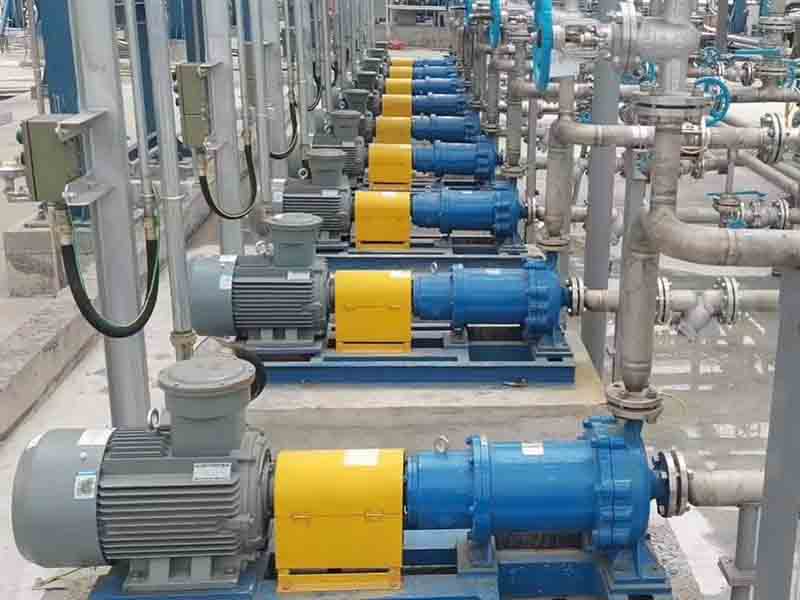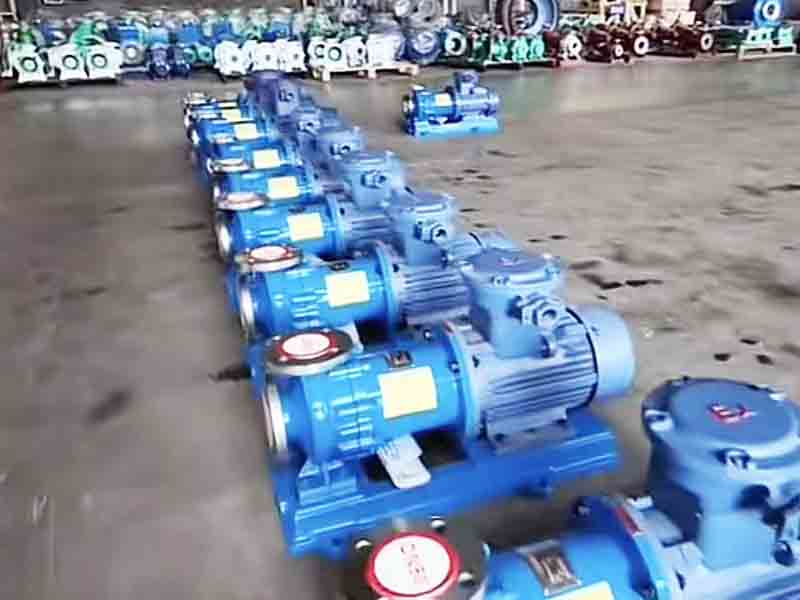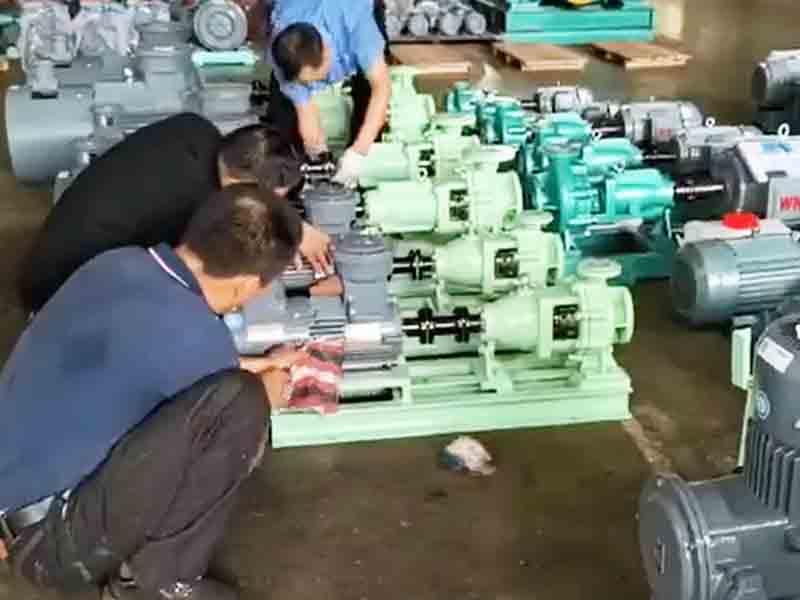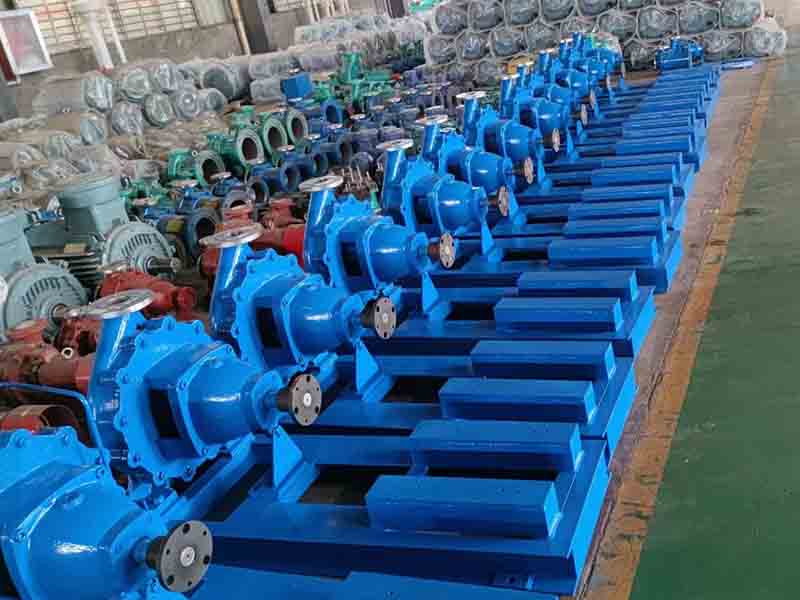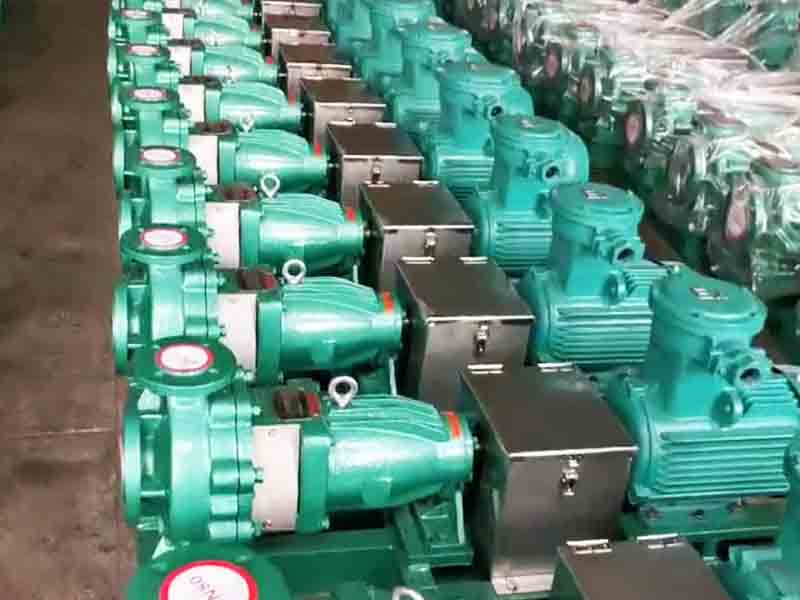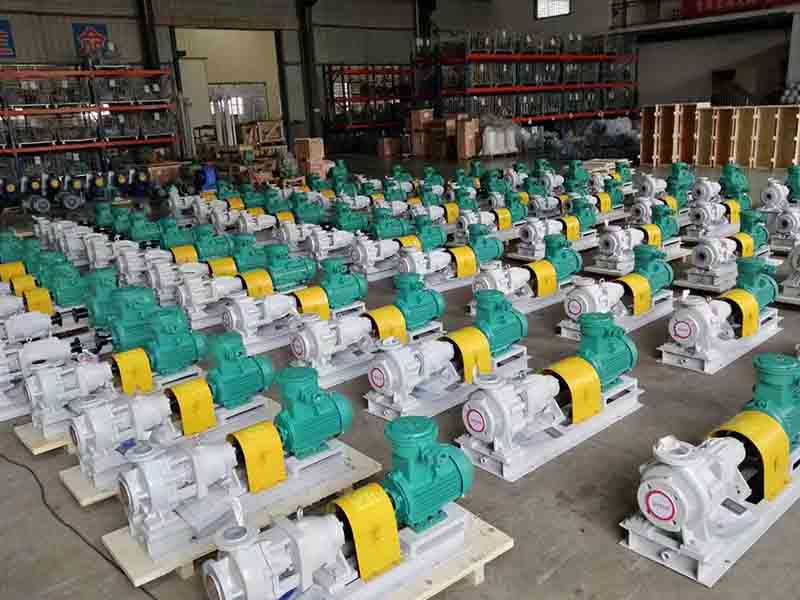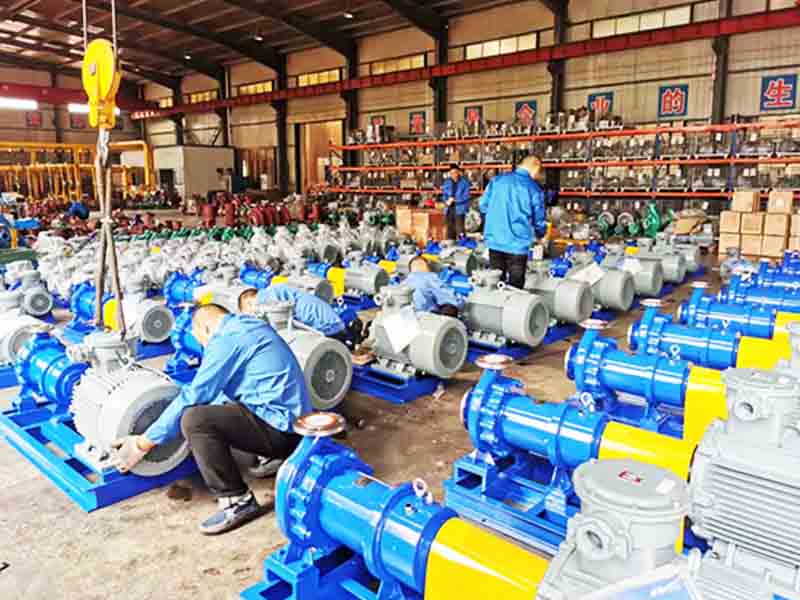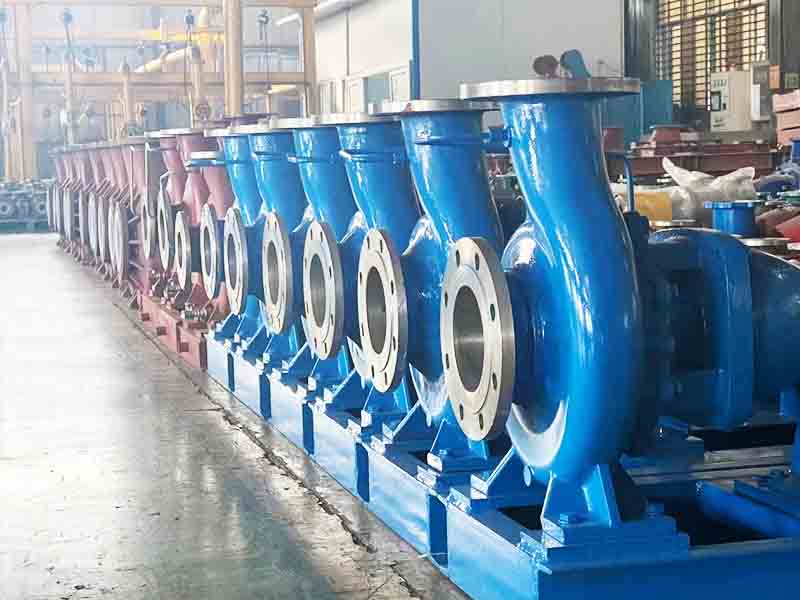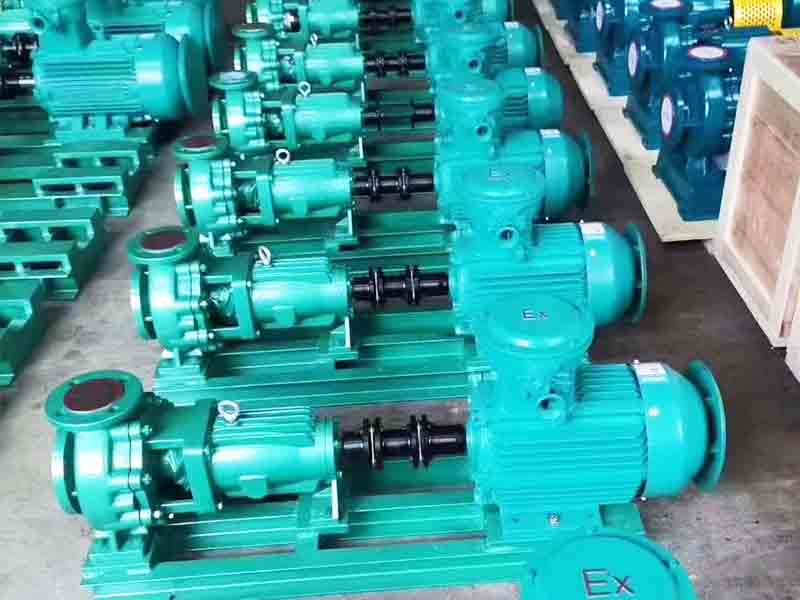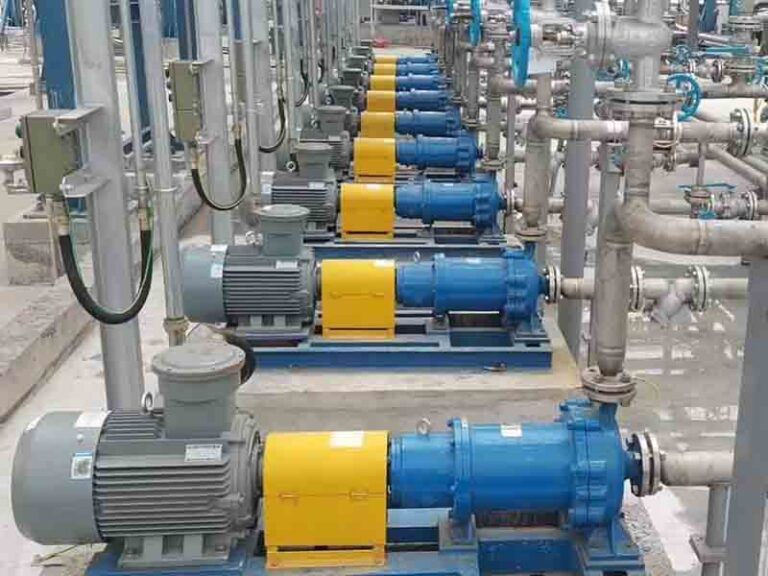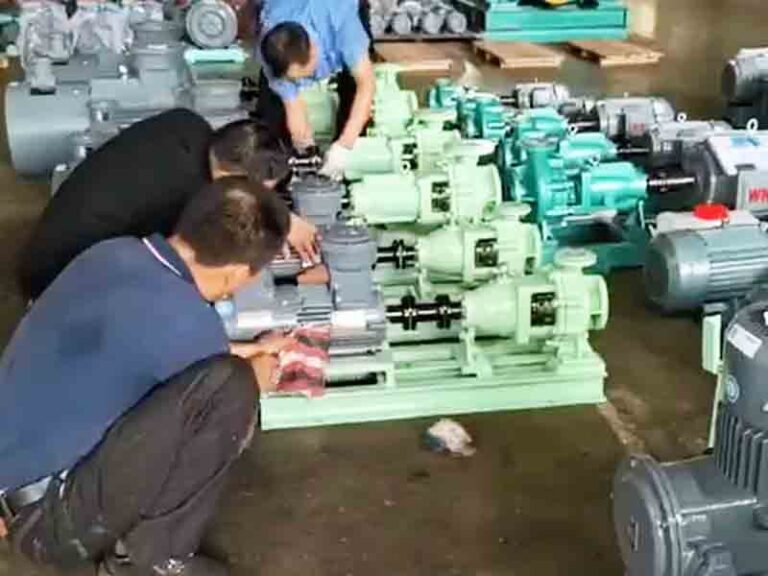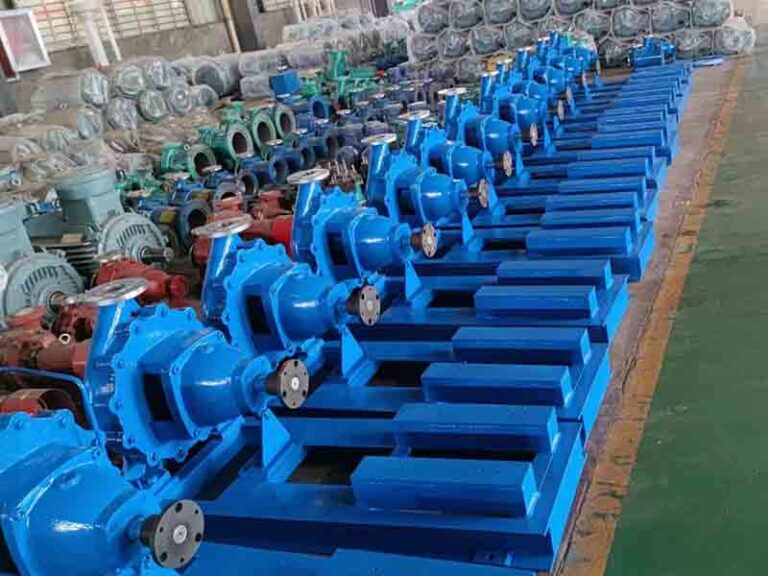Mechanical seals are essential components of centrifugal pump systems, playing a crucial role in preventing fluid leakage and ensuring reliable operation. They create a tight seal between the rotating shaft and stationary casing, reducing wear and improving efficiency. Understanding the types, benefits, and selection criteria for mechanical seals is key to maximizing pump performance and longevity.
What are Mechanical Seals
Mechanical seals are like the guardians of a centrifugal pump system. Their main duty is to stop fluid leakage in the pump and prevent the entry of contaminants. In a pump, a rotating shaft passes through a stationary casing, and mechanical seals are mounted at this point of intersection.
Mechanical seals typically have three critical sealing points: a rotating face that rotates with the shaft, a stationary face that is fixed to the pump casing, and a contact face between these two faces. This combination creates a tight barrier that ensures the fluid stays where it belongs.
Why do we use mechanical seals in centrifugal pumps
Before mechanical seals became popular, a method called packing seals were widely used. A packing seal is like filling a braided rope around the shaft to seal the gap. But it had some serious drawbacks. As the shaft rotates, it rubs against the packing, causing wear. Over time, the leakage becomes more and more frequent, requiring frequent adjustment or replacement of the packing.
Centrifugal pump mechanical seals are designed to solve these problems. They provide a more reliable and efficient sealing solution. Mechanical seals leak very little, usually only a very small amount of vapor leakage, about half a teaspoon per day, under normal conditions. They also do not damage pump shafts or bushings and require much less maintenance. Due to their internal self-adjusting springs, they can adaptively adjust as the sealing surfaces wear.
Types of Mechanical Seals
There are several types of mechanical seals, each with its own unique characteristics.
Balanced and Unbalanced Seals
Balanced mechanical seals are like the high-performance athletes of the sealing world. They are designed to withstand higher working pressures, typically above 200 PSIG. In these seals, the forces acting on the sealing faces are balanced, which means better lubrication between the sealing faces and longer service life. They are well suited for handling fluids with low lubricity and high volatility.
In contrast, unbalanced seals are a more cost-effective option. In some cases, they may have less product leakage, but have a shorter service life and are not suitable for high pressures or most acid-resistant pump applications.
Push Ring and Non-Push Ring Seals
Push ring seals use one or more springs to keep the seal closed. These springs can be located in the rotating or stationary portion of the seal. They are capable of withstanding very high pressures, but during operation, the elastomer under the main sealing face may wear as the sealing face moves along the shaft or sleeve.
Non-push ring seals, such as bellows seals, use a metallic or elastic bellows to hold the closing force. They are well suited for use in environments with contaminants and high temperatures, such as applications in high-temperature stainless steel magnetic pumps. However, they are usually limited to low and medium pressure situations.
Conventional and cartridge seals
Conventional seals are often preferred for general purpose equipment because they are relatively inexpensive. However, because they are installed as individual components, installation and maintenance require a higher level of operator skill.
Cartridge seals are like an all-in-one “all-rounder”. They assemble all sealing components in a single unit, which not only reduces the possibility of assembly errors, but also shortens the time required to replace seals.
Bellows seals and lip seals
The key component of the bellows mechanical seal is the elastic bellows, which eliminates the need for a secondary dynamic seal like an O-ring. Bellows seals are particularly useful when leak-free magnetic pumps are conveying fluids containing suspended solid particles, as they minimize the effects of these particles.
Mechanical lip seals are primarily used to protect moving parts by keeping the fluid inside the alkali resistant centrifugal pump casing and preventing the ingress of dirt and other fluids. It is often used in less demanding applications than bellows seals.
Advantages of Mechanical Seals
Mechanical seals offer numerous advantages that make them the first choice for non-polluting centrifugal pumps. First, they have extremely low leakage rates. As mentioned earlier, leakage is usually just a tiny amount of vapor, which is much better than traditional sealing methods. This not only saves the fluid being pumped, but also helps keep the working environment clean and safe.
Mechanical seals also improve the overall efficiency of the pump. Because mechanical seals require less force to operate than packed seals, they consume less power, which means lower energy costs in the long run.
Mechanical seals are also hassle-free when it comes to maintenance. With their self-adjusting feature, they can adapt to wear over time without constant operator intervention. This reduces the frequency of maintenance tasks, saving time and money.
Choosing the right mechanical seal for your centrifugal pump
Choosing the right mechanical seal for your centrifugal pump is critical and is like choosing the right tool for a job – pick the wrong one and things can quickly go wrong. The first thing to consider is the type of fluid being pumped by the fluorine lined magnetic pump. Is it clean or contaminated? Is it highly or poorly lubricated? Is it volatile? These factors will have a major impact on the design of the seal and its support system.
The fluid pressure of the pump is another critical factor. If the pump is operating at low pressure, an unbalanced mechanical seal may be adequate. But for high-pressure applications, a balanced seal is the right choice. Temperature also has an effect. Balanced seals perform better in high-temperature environments because they protect the heat-sensitive parts of self-priming centrifugal pumps more effectively.
In addition, operator safety is always a top priority. In some cases, the use of dual mechanical seals can provide additional protection as they are more capable of sealing and are generally more reliable.
Conclusion
Mechanical seals are an important part of centrifugal pump systems. They come in a variety of types, each with their own benefits and application scenarios. By understanding what mechanical seals are, why they are used, what different types are available, their benefits, and how to choose the right mechanical seal, we can ensure that centrifugal pumps perform at their best.
Whether it’s in an industrial plant, a water treatment facility, or any other place where centrifugal pumps operate, the right mechanical seals keep the system running smoothly and avoid headache-inducing failures. South pump uses high-quality mechanical seals to ensure no leakage, low wear and tear, and to improve pump operating efficiency and service life!


